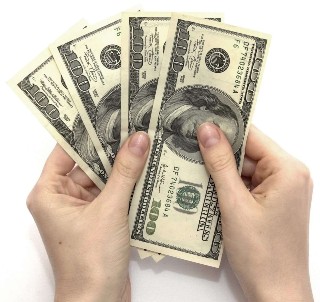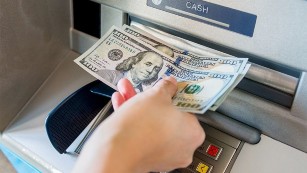The current price for a gallon of gas is roughly 15 cents lower than it was a year ago. However, experts are unsure if this price will slide much lower. According to AAA’s Fuel Gauge Report, the current average price for a gallon of gas is $3.62. This is cheaper than the peak price for this year, set in April, but it could still leave you reaching for a cash loan near me to fill up your tank. Change Your Driving Habits To Save On Gas. Since you have little control over the price of gas, you should consider other ways to cut fuel costs. Instead of shelling out big bucks to buy a more fuel-efficient car, try to change your driving habits and perform regular scheduled maintenance.
Be Consistent When You Drive
 Aggressive drivers tend to get bad gas mileage. You can be considered an aggressive driver if you speed, accelerate quickly and brake suddenly and often. In addition to being unsafe, reckless driving is bad for fuel economy. If you have a hard time maintaining a consistent speed on the highway, consider using your car’s cruise control system.
Aggressive drivers tend to get bad gas mileage. You can be considered an aggressive driver if you speed, accelerate quickly and brake suddenly and often. In addition to being unsafe, reckless driving is bad for fuel economy. If you have a hard time maintaining a consistent speed on the highway, consider using your car’s cruise control system.
Properly Maintain Your Automobile
Regular maintenance can make your car more fuel efficient. For example, keep your tires inflated to the ideal pressure, and properly align your wheels. The Federal Trade Commission says taking these steps can increase your fuel economy by as much as 2 percent. In addition, try cleaning out your trunk. Not only will this organize your life, removing excess weight from your vehicle can also increase to your engine’s fuel efficiency.
Avoid Using Your Car When You Can
The easiest way to save on loans and gas in NC is to cut back on how often you use your car. You can do this by completing more errands in a single trip, and carpooling whenever convenient. In fact, many areas of the country reward carpooling with exclusive highway lanes and discounted tolls.…
 Start by calling your creditors and negotiating more favorable repayment terms. Let them know you are facing financial hardship and have difficulty making your payments. Ask for a reduction in your minimum payment and interest rate. Call each one of your creditors and negotiate more favorable terms. Don’t stop if the first one or two turn you down, others on the list may be more willing to work with you. Ask your lenders for temporary forbearance or interest-only payments for a period of time. This will reduce your monthly payments making it easier to meet your financial obligations. Note that any unpaid interest that accrues might be added onto your loan balance at the end of the forbearance period.
Start by calling your creditors and negotiating more favorable repayment terms. Let them know you are facing financial hardship and have difficulty making your payments. Ask for a reduction in your minimum payment and interest rate. Call each one of your creditors and negotiate more favorable terms. Don’t stop if the first one or two turn you down, others on the list may be more willing to work with you. Ask your lenders for temporary forbearance or interest-only payments for a period of time. This will reduce your monthly payments making it easier to meet your financial obligations. Note that any unpaid interest that accrues might be added onto your loan balance at the end of the forbearance period. The higher your interest rate, the higher your finance charges will be. Ideally, your interest rate should be as low as possible to lower your finance charges.
The higher your interest rate, the higher your finance charges will be. Ideally, your interest rate should be as low as possible to lower your finance charges. If you have a lot of negative information on your credit report, you are said to have “bad credit.” Negative information includes things like multiple applications for credit cards and loans, late payments, and high credit card balances. To improve your credit, you’ll have to fix the negative information that’s on your credit report.
If you have a lot of negative information on your credit report, you are said to have “bad credit.” Negative information includes things like multiple applications for credit cards and loans, late payments, and high credit card balances. To improve your credit, you’ll have to fix the negative information that’s on your credit report.